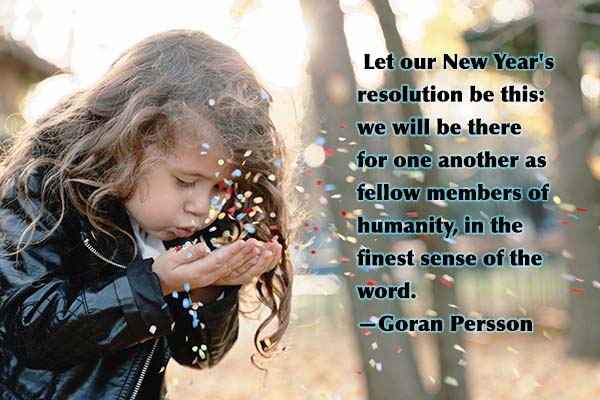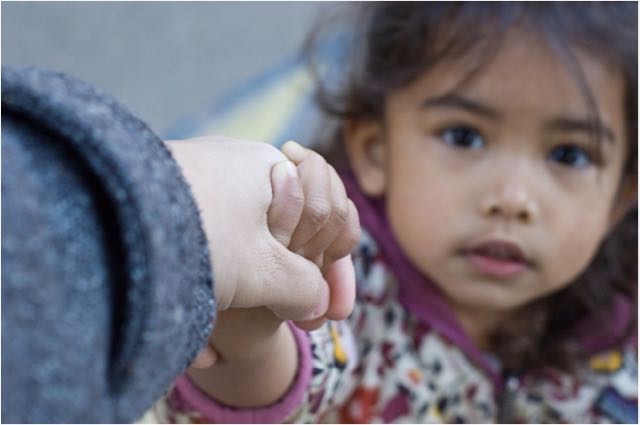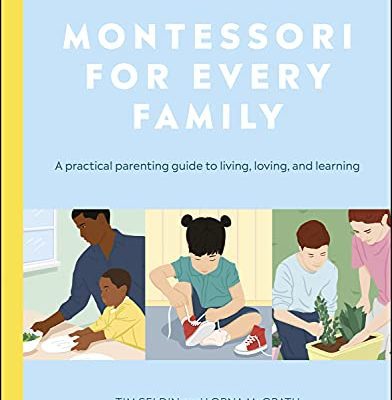After a tragedy, you might feel helpless—but your child needs your support. Here’s help knowing what to say.
When a tragedy—such as a natural disaster, mass shooting, or terrorist attack—occurs, it can be hard to talk to your child about what happened. How do you explain it? How much will he or she understand? Find out how to start the conversation and what you can do to help your child cope.
Do I need to talk to my child about a tragedy?
Talking to your child about a tragedy can help him or her understand what’s happened, feel safe, and begin to cope. If you don’t speak to your child about a tragedy, there’s a chance that he or she might hear about it elsewhere.
How do I start a conversation with my child about a tragedy?
Take time to think about what you want to say. If possible, choose a time when your child is most likely to want to talk, such as before dinner. Ask your child what he or she already knows about the tragedy—and what questions or concerns he or she might have. Let your child’s answers guide
your discussion.
How do I explain the tragedy to my child?
Tell the truth. Focus on the basics, and avoid sharing unnecessary details. Don’t exaggerate or speculate about what might happen. Avoid dwelling on the scale or scope of the tragedy.
Listen closely to your children for misinformation, misconceptions, and underlying fears. Provide accurate information. Share your own thoughts and remind children that you’re there for them. Reassure children that what happened isn’t their fault.
Children’s age will affect how they process information about a tragedy. Consider these tips:
Preschool children. Get down to children’s eye level. Speak in a calm and gentle voice using words they understand. Explain what happened and how it might affect them. For example, after a severe storm you might say that a tree fell on electrical wires and now the lights don’t work. Share steps that are being taken to keep everyone safe and give hugs.
Elementary and early middle school children. Children in this age range might have more questions about whether they’re truly safe. They might need help separating fantasy from reality.
Upper middle school and high school children. Older children will want more information about the tragedy and recovery efforts. They’re more likely to have strong opinions about the causes, as well as suggestions about how to prevent future tragedies and a desire to help those affected.
How might my child react?
After a tragic event, children might experience a range of emotions, including fear, shock, anger, anxiety, and grief. Age will affect how they handle the stress of a tragedy. For example:
Preschool children. Children in this age range might have trouble adjusting to change or loss. They might become clingy or mimic your emotions. Some children might also revert to wetting the bed or sucking their thumbs. Avoid criticizing this behavior.
Elementary and early middle school children. Children in elementary and early middle school might have nightmares or other sleep problems. They might fear going to school, have trouble paying attention in school, or become aggressive for no clear reason.
Upper middle school and high school children. Older children might deny that they’re upset. Some children might complain of physical aches and pains because they’re unable to identify what’s really bothering them. Others might start arguments or resist authority.
These reactions are normal. However, if children continue to display these behaviors for more than two to four weeks, they might need more help coping. If your child has experienced previous trauma, remember that he or she might be at greater risk of a severe reaction. If you’re concerned about your child’s reaction, talk to a mental health provider.
What can I do to help my child cope?
You can take steps to help your child process what happened. For example:
Remain calm. Children will look to you for cues about how to react. It’s OK for children to see adults sad or crying, but consider excusing yourself if you’re experiencing intense emotions.
Reassure children of their safety. Point out factors that ensure children’s immediate safety and the safety of the community. Consider reviewing your family’s plans for responding to a crisis.
Limit media exposure. Don’t allow young children to repeatedly see or hear coverage of a tragedy. Even if your young children are engrossed in play, they are likely aware of what you’re watching and might become confused or upset. Older children might want to learn more about a tragedy by reading or watching TV. However, avoid repetitive loops of news information once you have the facts. Constant exposure to coverage of a tragedy can heighten anxiety.
Avoid placing blame. If the tragedy was caused by human violence or error, be careful not to blame a cultural, racial or ethnic group, or people who have mental illnesses.
Maintain the routine. To give your child a sense of normalcy, keep up your family’s usual dinner, homework, and bedtime routine.
Spend extra time together. Special attention can foster children’s sense of security. Spend a little more time reading to them or tucking them in at night. If your children are having trouble sleeping, allow them to sleep with a light on or to sleep in your room for a short time. Extra cuddles might help, too.
Encourage the expression of feelings. Explain that it’s OK to be upset or cry. Let children write about or draw what they are feeling. Physical activity might serve as an outlet for feelings or frustration. If they are acting out, explain that there are other ways of coping.
Seek out school resources. If their school offers counseling after a tragedy, take advantage of the opportunity to meet with a counselor.
Do something for those affected by the tragedy. Consider ways that you and your child can help victims and their families. You might take your child to your place of worship or write thank-you notes to first responders.
What else can I do?
It might be the last thing on your mind, but caring for yourself after a tragedy is important. Pay attention to your own feelings of grief, anger, or anxiety. Lean on loved ones for support or talk to a mental health provider. Get enough sleep, eat a healthy diet, and stay active. Taking care of yourself will enable you to care for your child and serve as a role model for how to cope.
Retrieved from http://www.mayoclinic.org/healthy-lifestyle/childrens-health/in-depth/helping-children-cope/art-20047029?pg=1
Tomorrow’s Child/ November 2017






